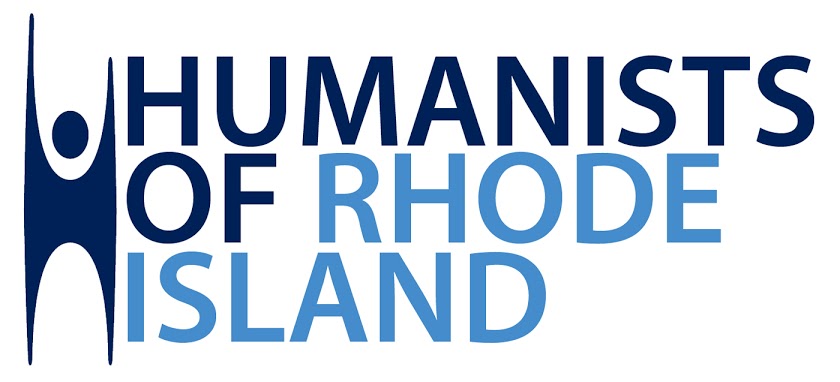 |
| The KKK in Foster, RI |
It's amazing how history loves to reach out from the past and smack us full in the face in the present.
Such is the situation in Smithfield, Rhode Island right now as residents wake up to the reality that one of their beautiful residential streets is named after a Grand Cyclops of Rhode Island's own Ku Klux Klan. As reported in the Valley Breeze:
The late John Algernon Domin is memorialized in this community by the street that bears his name, Domin Avenue.
But questions are arising over why such an honor befits the man who in 1926 assumed a leadership role in Rhode Island's Roger Williams Klavern No. 16, Ku Klux Klan.
In fact, it was on Domin's property, off Stillwater Road in the Georgiaville section, that the Klan held rallies drawing thousands of members and supporters.
The sudden realization that certain parts of Rhode Island used to harbor hate groups should come as no surprise, but people are quick to forget the seamy, hateful parts of their collective memories and tend to concentrate on the good parts. A quick and easy history of the Klan in RI can be downloaded as a PDF here, reprinting a Providence Journal story.
One part struck me:
Rhode Island Klansmen differed from their southern brethren in several respects. The Klan was linked with Democrats in the South, but Klansmen of New England were most often associated with Republicans, the more conservative party, Smith says.
The state’s Klan groups also drew largely from the business and professional classes, not the poor and uneducated. They staged gatherings flavored with familiar cultural trappings.
“Outside of New England, you didn’t see many Klans celebrating at clambakes.”
Another difference was the target of the Klan's wrath:
In 1920, Rhode Island’s black population composed less than 4 percent of the state’s residents. But, in 1921, about 45 percent of the state’s 600,000 people were Catholic, and Klan recruiters often found a welcome mat off village lanes.
For me the saddest part of this sordid history is this:
In a state founded on the principle of religious tolerance, America’s foremost hate group found fertile soil, the historical record indicates.
Indeed, John Algernon Domin was the Grand Cyclops of a Klan group that named itself after Roger Williams, the founder of Rhode Island and the father of religious tolerance. The gall of twisting history and abusing the good name of our state's founder to advance a program of hatred is staggering, until you think of evangelical pseudo-historian David Barton, who would rewrite the Founding Fathers of the United States as messianic zealots establishing a Christian theocracy.
The Rhode Island Klan appeared to differ from other Klan dens in one other key aspect: It was not commonly associated with violence. Newspaper reports make no mention of lynchings, floggings or brandings common in other states.
No, aside from occasionally trying to burn down a boarding school for black children the RI KKK restricted itself to terrorism via cross burning and racist leafleting.
Unfortunately, as much as Rhode Island is justly celebrated as being a bastion of religious freedom, it also has a long history of prejudice and intolerance. A look at the hysterical behavior of the crowds at the school committee meetings in Cranston concerning the prayer banner, or the quick and dirty way our state assembly passed a voter identification law to address a nonexistent problem that had the effect of disenfranchising certain voters demonstrates this tendency quite well.
I can't say that today's right-wing, Tea Party infused political climate is the same as that which gave rise to the KKK in the 1920's, but certainly both movements draw from the same sources.

Indeed the Klan did not like Catholics. I find it interesting and wonder - since RI is becoming less Catholic over time will we eventually see a resurgence of anti-Catholic activity?
ReplyDeleteI think that Catholicism in this state has established itself comfortably and is more likely now to dish out intolerance than receive it, at least as a political body.
Delete